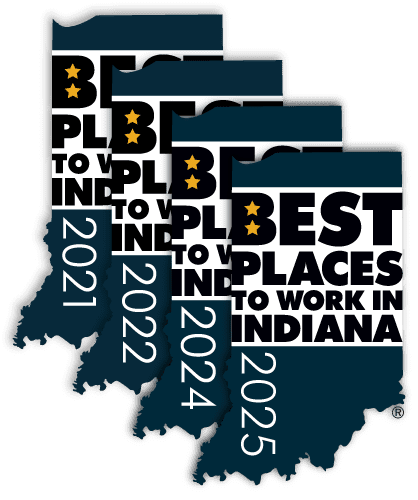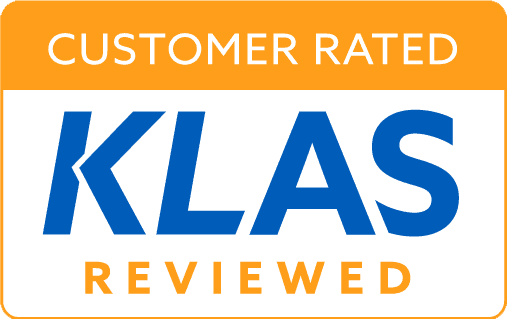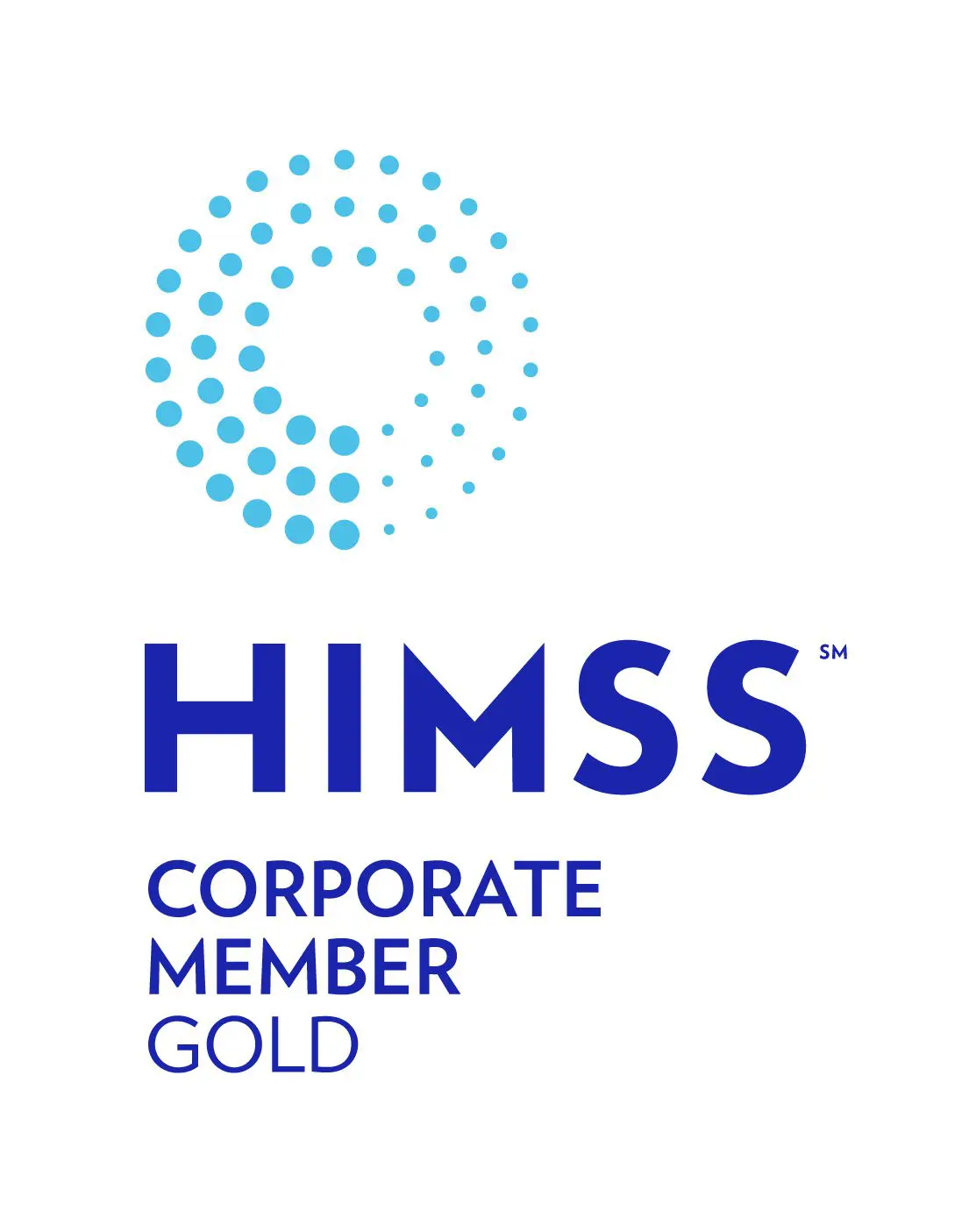
The health information included in the scope of the 21st Century Cures Act soon will expand to include a broader range of data, all aimed at helping patients gain easier and virtually unrestricted access to their complete record set. While current attention is focused on clinical data, other administrative/revenue cycle records are included in the longer-range Cures Act requirements.
From a revenue cycle perspective, the Cures Act seeks to ensure transparency into the cost and outcomes of a patient’s care and to provide competitive options in getting medical care. Revenue cycle records that contribute to the capture, management and collection of patient service revenue can include:
- Registration – Informs the patient record demographic set up and scheduling.
- Insurance Coverage – Indicates payer plan billing information with insurance versus patient financial responsibility.
- Point of Service Collections – Shows co-pay and deductible information so patients know what their portion of the bill will be in advance of service.
Being prepared with a well-rounded active and legacy data Cures Act strategy is vital for the IT, HIM, and Revenue Cycle departments.
First, there are deadlines to plan ahead for:
One major deadline was Jan. 1, 2022, when Medicare Advantage plans, Medicaid and CHIP managed care plans, and QHPs became required to share patient data with other payers. Payers must respond to requests from a patient to share their data, up to five years after their coverage ends.
Then, on October 6, 2022, the definition of EHI expands beyond the USCDI to all ePHI that is in the designated record set under HIPAA. This includes some financial information. There are options for providers in how they deliver patient access to records if the information is retrievable.
Next up, the current date for Conditions of Certification for EHI export rollout is May 1, 2023.
New ways of doing business may require revenue cycle employee training.
To assist patients, revenue cycle staff may need training on how to navigate the patient portal or other tools/processes to access requested records. While revenue cycle staff members may not be answering clinical questions, they may need to know how to work with HIM to respond to record requests – or vice versa.
Legacy data may need to be a part of the Cures Act strategy.
The time span required to retain the majority of healthcare data is seven to 10 years — but it is often even longer. As records dating that far back may not be stored in the current electronic health record or revenue cycle software, there may be a need to consider an active archive to meet those requirements if one is not already in place. Records from various legacy systems can be consolidated and secured in a HIPAA-compliant active archive. An intuitive user interface enables workflows for clinical and financial information management so teams can easily access and release historical records.
To learn more, listen to this podcast “Six Phases of Data Life Cycle Solutions: Put Health Data Archives to Work for You.” And, check out this eBook: How to Manage Legacy Data in the Age of Information Blocking to recognize how successful legacy data management will benefit patients and inform your team about staying compliant with information blocking mandates.
There’s a lot of data to track and be prepared to potentially share within the guidelines of the 21st Century Cures Act.
Most healthcare delivery organizations have legacy systems that store data in a read-only format. Many of those legacy systems are outdated, yet, they contain critical data. That means that these legacy systems may be ripe for a better long-term data storage plan – and one that takes release of historical clinical and financial information into account for compliance with the Cures Act. The Harmony Healthcare IT team works with healthcare delivery organizations of all sizes to make sure data is available, reportable, researchable, and interoperable.
Our full-service legacy data management solutions: HealthData Archiver®, HealthData AR Manager®, and HealthData Locker™ are ready to help your team meet its best practices goals for complete lifecycle data management. We’re proud to announce Black Book™ Rankings, a division of Black Book™ Market Research ranked Harmony Healthcare IT as the top Data Archiving, Data Extraction and Migration company for the third year running (2019-2021).
Are you looking for a strong data management partner to help your team with a long-term strategy?







